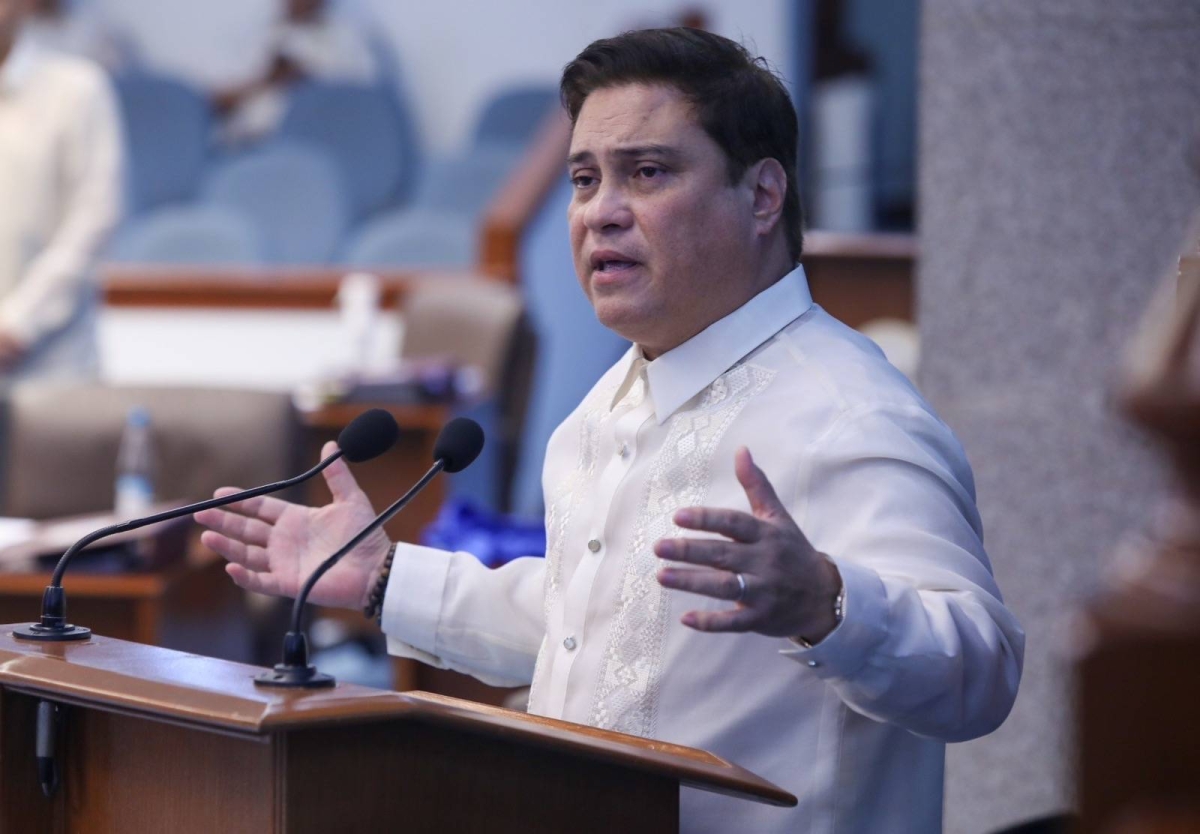MANILA, Philippines – July 5, 2025 — Senator Juan Miguel “Migz” Zubiri is seeking to ban all forms of online gambling in the country, warning that it has become a “silent epidemic” endangering Filipino families—especially minors and vulnerable individuals.
Zubiri revealed his plan to file the “Anti-Online Gambling Act of 2025,” a bill that proposes a complete nationwide ban on digital gambling activities. Drawing parallels to the once-prevalent Philippine Offshore Gaming Operators (POGOs), he described online gambling as an even more insidious threat because it directly targets local users.
“We already shut the doors on POGOs for the damage they caused,” Zubiri said. “But now, an even more dangerous problem has crept into our homes: online gambling that targets our own people.”
He emphasized that modern gambling addiction has evolved and is no longer confined to physical casinos or cockfighting arenas.
“This addiction now looks like a kid hiding under the covers at 2 a.m., losing the family’s grocery money on an online casino site,” he added.
Comprehensive Ban Across All Platforms
The proposed legislation prohibits all forms of online gambling, including mobile apps, digital betting websites, and offshore-operated platforms that are accessible to Filipino users. Unlike previous regulations that aimed to control the industry, Zubiri’s bill seeks a total shutdown.
Under the bill:
-
Internet service providers (ISPs) and mobile network operators are required to block gambling websites and remove related apps within 72 hours of receiving a notice from the Department of Justice (DOJ) or the Philippine Amusement and Gaming Corporation (PAGCOR).
-
Payment service providers such as GCash, PayMaya, credit card companies, and other digital wallets are prohibited from processing gambling-related transactions.
-
Media outlets, influencers, and content creators found promoting or advertising online gambling will be held accountable.
Zubiri expressed concern over the rampant advertising of online casinos on social media and payment platforms, often endorsed by celebrities and disguised as memes or humorous content.
“These gambling ads are everywhere—even in our e-wallet apps and social media feeds. They’re normalizing a vice that’s already harming both adults and children,” he said.
Severe Penalties for Violators
Entities that violate the proposed law face hefty penalties:
-
First offense: Minimum ₱20 million fine and six-month suspension of operating licenses.
-
Second offense: ₱50 million fine and one-year suspension.
-
Third offense: At least ₱100 million fine, permanent revocation of license, and criminal prosecution of company executives, who may face up to six years of imprisonment.
Zubiri also warned of the ease with which children can bypass age restrictions by creating fake accounts or using unauthorized access.
“What’s truly alarming is how easy it is for minors to enter these sites. The system is broken—and until we stop this at the source, the damage will continue,” he said.
The senator called on fellow lawmakers and government agencies to support the measure and protect Filipino families, especially the youth, from the growing dangers of online gambling.



